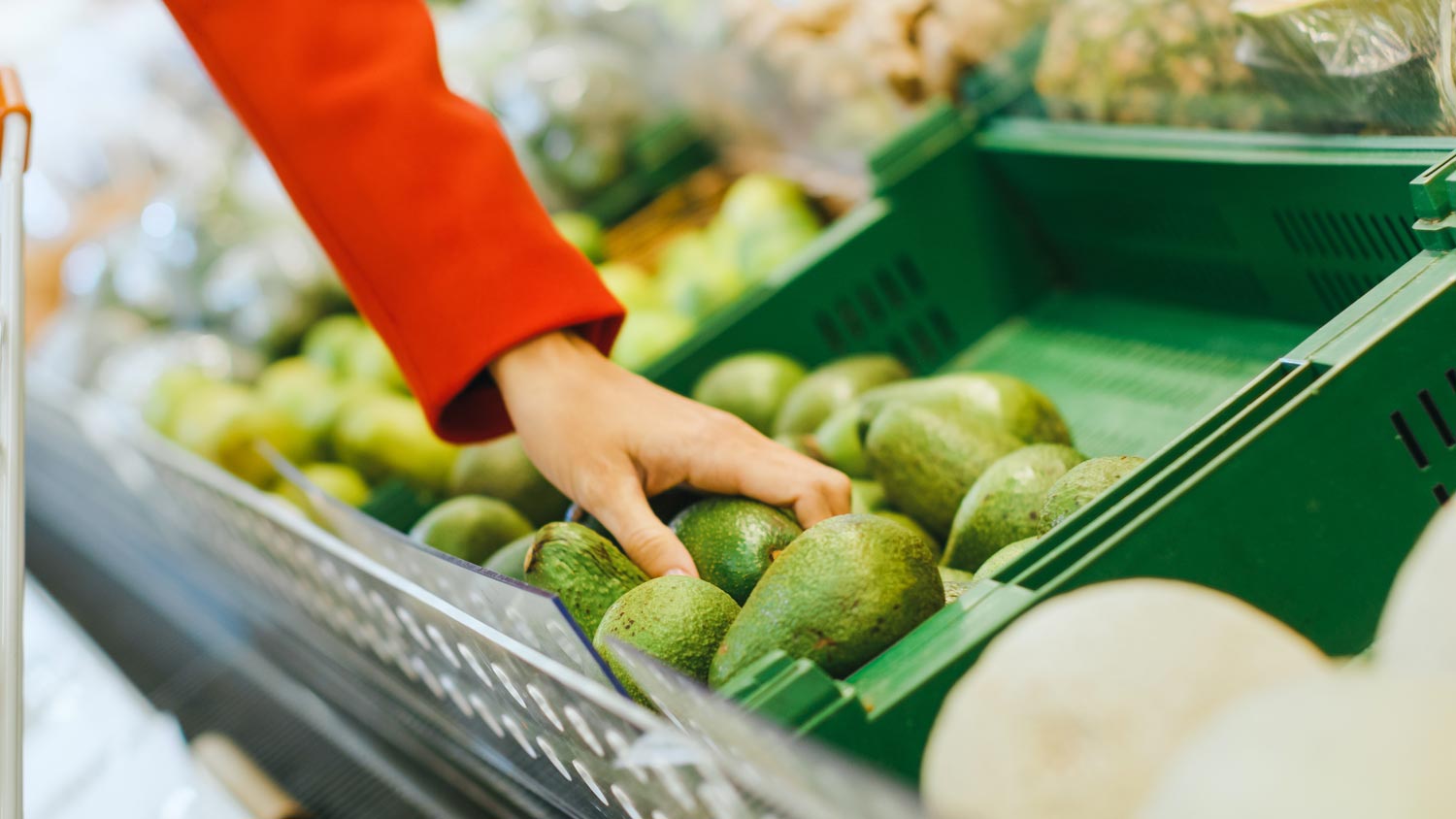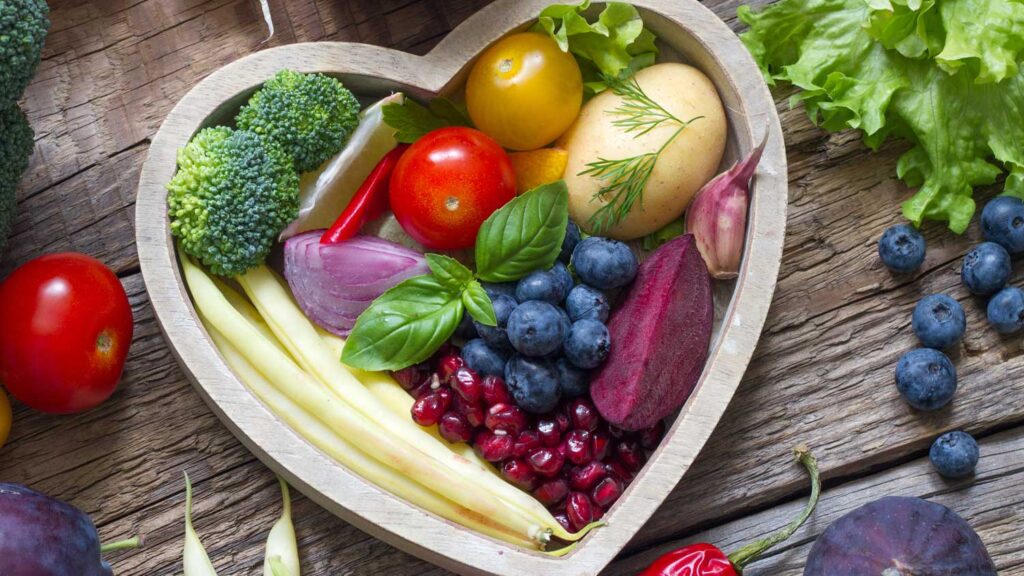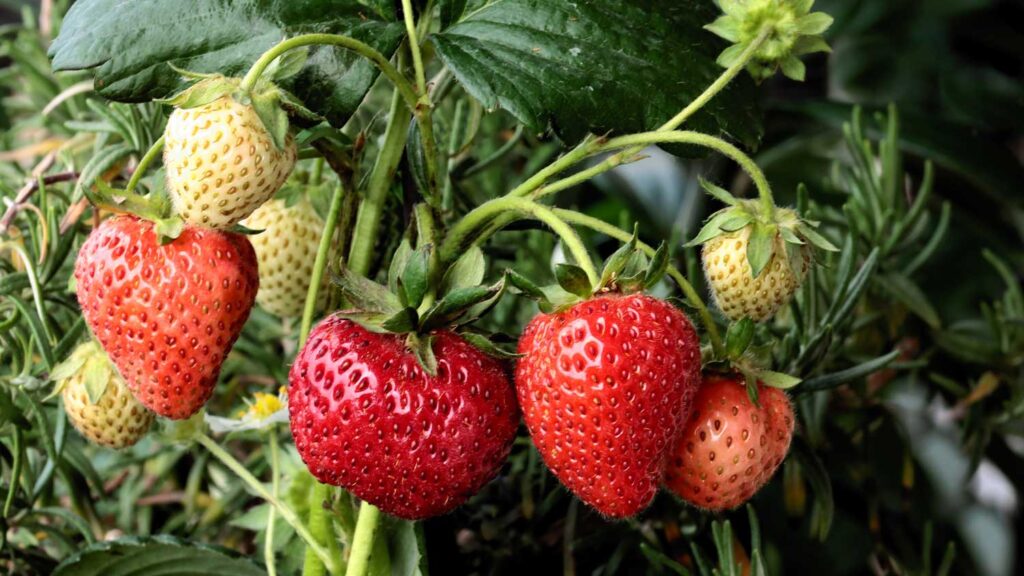When it comes to health, adding more fruits and vegetables to your diet is always recommended. You want to eat organic, but how can you afford all the produce needed to meet the daily requirements? Not to mention deciphering which foods contain large amounts of chemicals, pesticides, hormones and antibiotics. We’re here to help you prioritize what’s important to add to your grocery list, what isn’t and why sometimes buying local is your best bet overall.
Organic must-haves
When possible, reach for these organic-certified foods: animal products (dairy, eggs, meat), apples, baby food, celery, cherries, nectarines, peaches, pears, peppers, potatoes, raspberries, spinach and strawberries. Why these? Many fruits and vegetables listed have thin skin, meaning pesticides can leach inside. For example, when it comes to conventionally grown celery, 96% contains insecticide residue. In a 2017 sample, the FDA found that 38% of imported celery violated pesticide residue government standards: not good.
If adding organic choices to your grocery cart is too expensive, do not let that deter you from the produce aisle. The vitamins, minerals, nutrients and antioxidants that non-organic fruit and veggies contain are still beneficial and essential to overall health.
Traditionally grown and good-to-go
You can feel good about buying these foods lower in pesticide residue and easier on the wallet: asparagus, avocados, broccoli, cabbage, cauliflower, eggplant, frozen peas, kiwi, melons, mushrooms, onions, papayas, pineapples and sweet corn. It’s a huge plus for your budget and a win for eating healthy without breaking the bank.

Organic animal products—really?
Yes, really! Organic livestock raised for meat, eggs and dairy products must be raised in conditions that mimic their natural behaviors and habitats. Antibiotic and growth hormone-free, these animals live their days grazing in pastures or are fed organic feed and forage. How the food we eat is grown or raised has a significant impact on our mental, emotional and physical health. Those with environmental or food allergies often turn to organics to lessen or prevent symptoms.

Show the ecosystem some love
Foods produced following organic principles are kinder to the planet. Pesticide-free produce equals fewer toxins in the soil. That’s the kind of dirt we love to hear about because a better environment means healthier living for all.
Buy local
Many organic products are imported from other parts of the country and globe, and organic regulations differ from state to state and country to country. Choose local organics first. When not available, consider locally grown products and produce even if not officially organic. The majority are farmed and raised with organic principles in mind, meaning you’re picking up the freshest product possible and investing in your local community.
Sources: Eating Well, Web MD, Real Simple and Tasting Page














